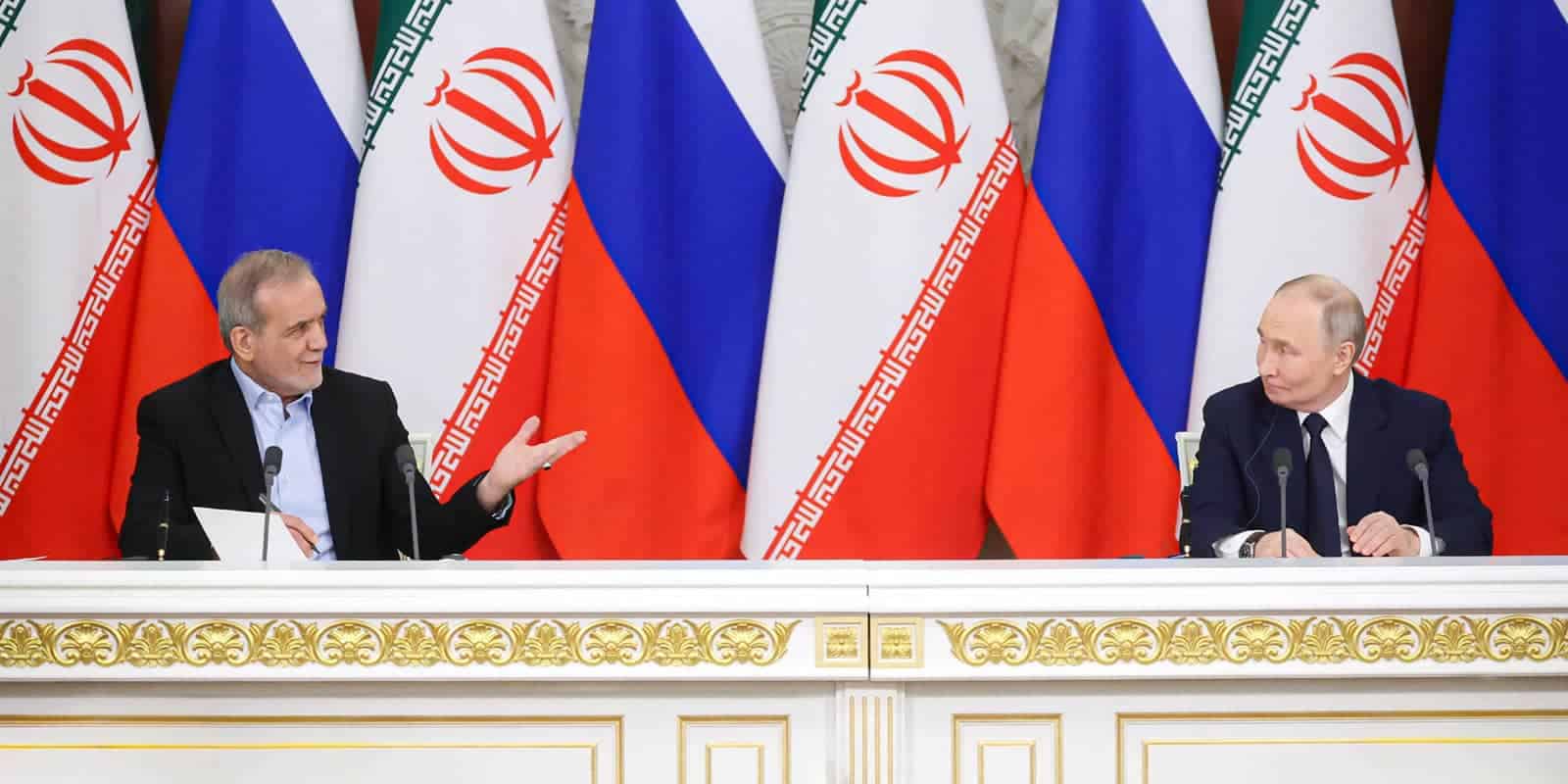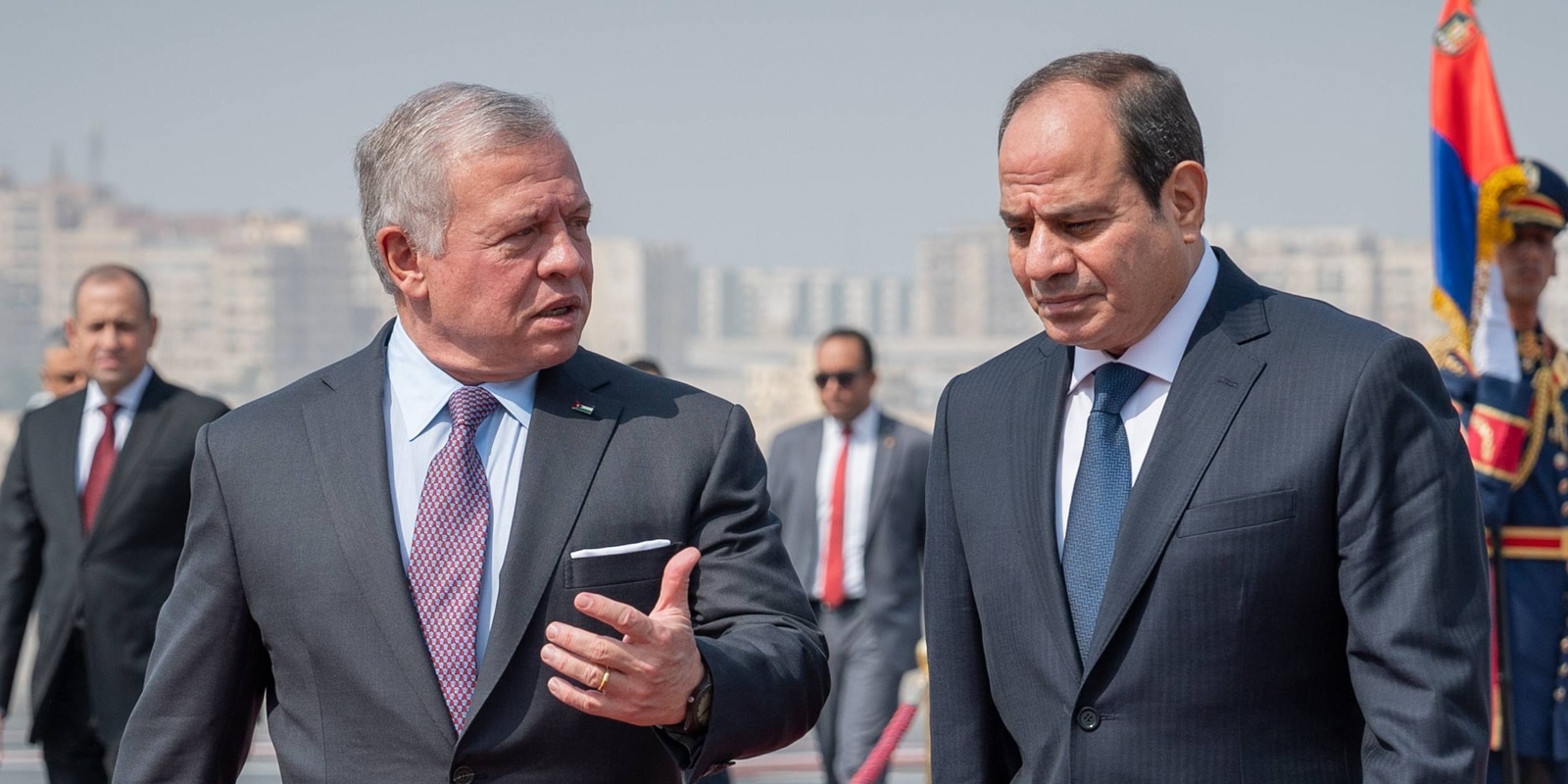
Oliver Carrol
Vladimir Putin has looked to downplay the potential of a serious diplomatic rift between the Kremlin and the Knesset following the downing of a Russian military plane late on Monday evening.
Fifteen Russian servicemen died after an Il-20 reconnaissance plane was struck down in a friendly fire incident involving Syrian S-200 anti aircraft defences that had targeted Israeli jets.
Speaking on Tuesday afternoon, Mr Putin said the incident was the result of a “tragic chain of accidental events”. His measured comments diverged from an earlier, furious response.
In the early morning, the Russian Defence Ministry intimated the plane had been hit by Israeli or French fire. Later, spokesmen changed the story, accepting the plane had been shot down by the Syrians. But they ratcheted up the diplomatic fury.
In quick succession, Moscow said Russians had died as a result of Israel’s “irresponsible actions.” It blamed the Israeli command for giving just a minute’s advance warning of its air strikes. It accused their pilots of using the larger Il-20 plane as cover during missions. It summoned the Israeli ambassador to the Ministry of Foreign Affairs on Smolenskaya Square and it gave Israel’s defence minister a public dressing-down.
“The actions of the Israeli defence ministry do not reflect the spirit of the Russian-Israeli partnership,” Sergei Shoigu, the Russian minister of defence told Israeli opposite number, Avigdor Lieberman. “We reserve the right to take further steps.”
The fierce response suggested a difficult period ahead for Russian-Israeli relations.
Until that point, cooperation between the two countries had been close. In May, Israeli prime minister Benjamin Netanyahu attended Victory Day celebrations in Moscow in a symbolic gesture at the height of the Kremlin’s international isolation. Russia also seemed to accept Israel’s strategic interests in the region.
“There was a lot of trust between the two sides,” said Yuri Barmin, an expert at the Russian International Affairs Council on Tuesday. “It was seriously undermined today.”
The incident brought back memories of November 2015, when a Turkish fighter shot down a Russian Su-24 jet that had violated Turkish airspace. Russia retaliated with sanctions and seven months of hostile relations ensued.
Moscow is trying to be friends with everyone – with Assad, Israel, Turkey, the Kurds. That, of course, is the source of the problem Jonathan Spyer, research fellow at the Jerusalem Institute of Strategic Studies Some of Russia’s more excitable politicians suggested Moscow could respond by supplying Damascus with more advanced C-300 anti aircraft systems – a kind that would prove more problematic for Israeli planners.
“Russia simply can’t let this drop,” said Franz Klintsevich, member of the Russian senate’s Defence Committee.
But the likelihood of a serious military response from Russia was always low. Even if it wanted to, Russia does not have the capacity to close Syrian air space to Israeli jets.
More fundamentally, it was never going to wade into the undeclared war between Israel and Iran.
“Russia will not stand in the way of Israeli operations to stop Iranian expansion, knowing how existential they are seen in Jerusalem,” said Jonathan Spyer, research fellow at the Jerusalem Institute of Strategic Studies. “Moscow is trying to be friends with everyone – with Assad, Israel, Turkey, the Kurds. That, of course, is the source of the problem.”
In his afternoon comments, Mr Putin urged against a direct comparison to the Turkish Su-24 incident. That was an intentional strike he said; this was “an accident.”
The president’s unexpectedly mild response brought into question how much of the initial show of anger against Israel was real – and how much a tactic of deflection from a military that had made mistakes.
“Russia understood it has only itself to blame for not making sure the Syrians had the right friend-or-foe identification systems,” said Vladimir Frolov, a security expert and former Kremlin advisor.
There were other, more obvious questions to be asked. How was it that communication with Syrian allies broke down? How could an anti aircraft system mistake a large reconnaissance plane for a fighter jet?
Part of the answer lay in the technology, suggested Justin Bronk, a research fellow at RUSI, an international defence and security think tank based in London.
Designed in the Soviet Union in the 1950s, the Syrian S-200 surface to air missile unit is not a failproof system, he said. Without newer fire control and radar systems, it would have had difficulty differentiating between the two planes.
“If Syrian defences were attempting to lock onto Israeli jets in the same vicinity [as] the Il-20, especially in the face of jamming signals, it is entirely plausible that they inadvertently guided the S-200 onto the Russian aircraft,” Mr Bronk.
A lax approach to firing the missiles may also have played a role.
“During recent attacks, the Syrians have tried to give their public an impression of having effective defences,” said Mr Bronk. “So they have fired missiles blindly – on simple ballistic trajectories, or at least with very weak firing solutions. That may have contributed.”
In a statement released on Twitter, the Israeli Defence Forces said the blame for the incident lay “firmly with the Syrian regime,” which had fired missiles “indiscriminately” in response to Israeli airstrikes.
Russia understood it has only itself to blame for not making sure the Syrians had the right friend-or-foe identification systems Vladimir Frolov, a security expert and former Kremlin advisor. But the statement also expressed “sorrow for the death of the aircrew members of the Russian plane”.
That show of humility may have given Mr Putin enough to move on.
“The operational dynamic may change slightly, but the politics can’t change,” added Mr Barmin. “Russian doesn’t have so many allies that it can throw one of them under the bus.”
The Independent, 18.09.2018















Gaza: Until When?